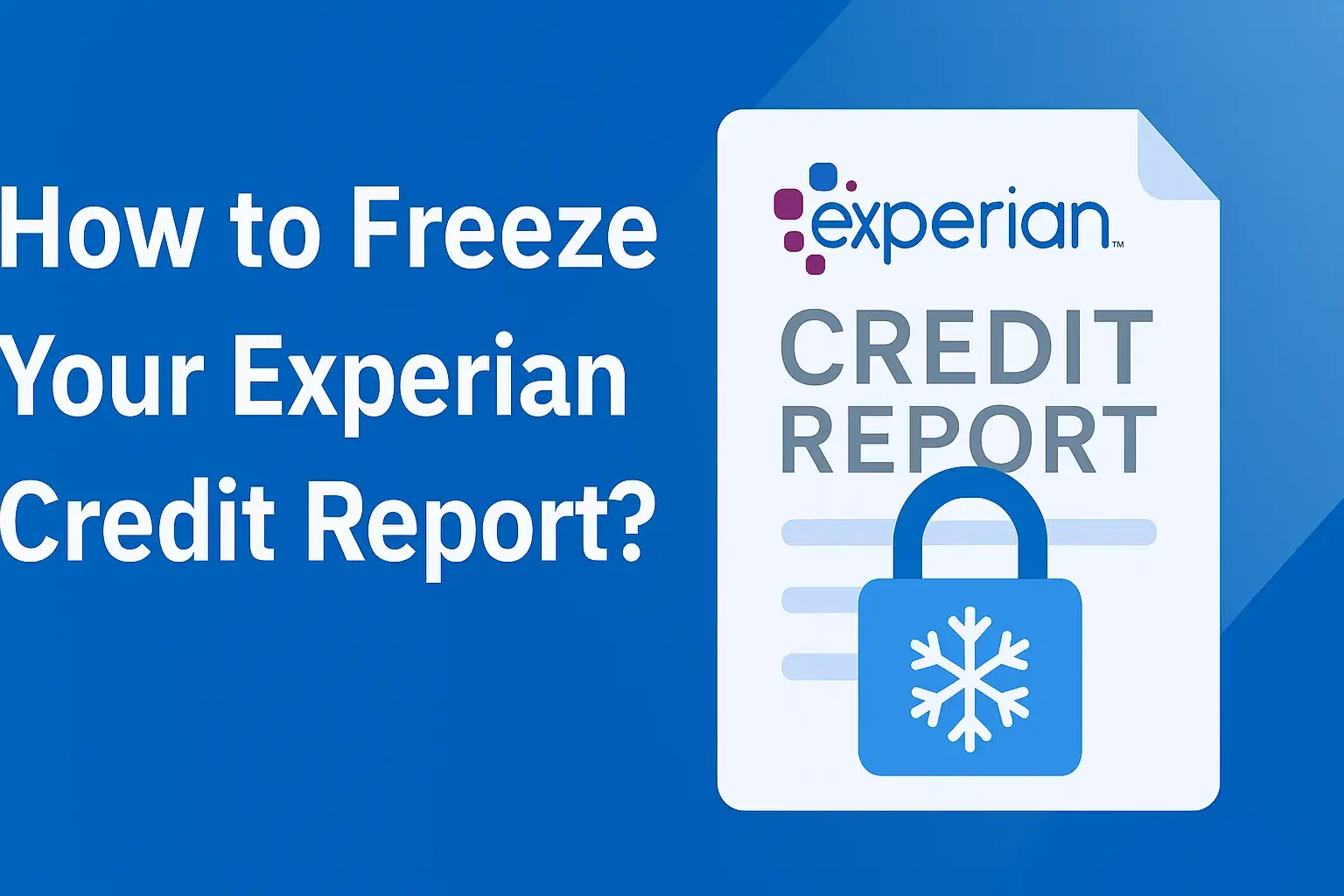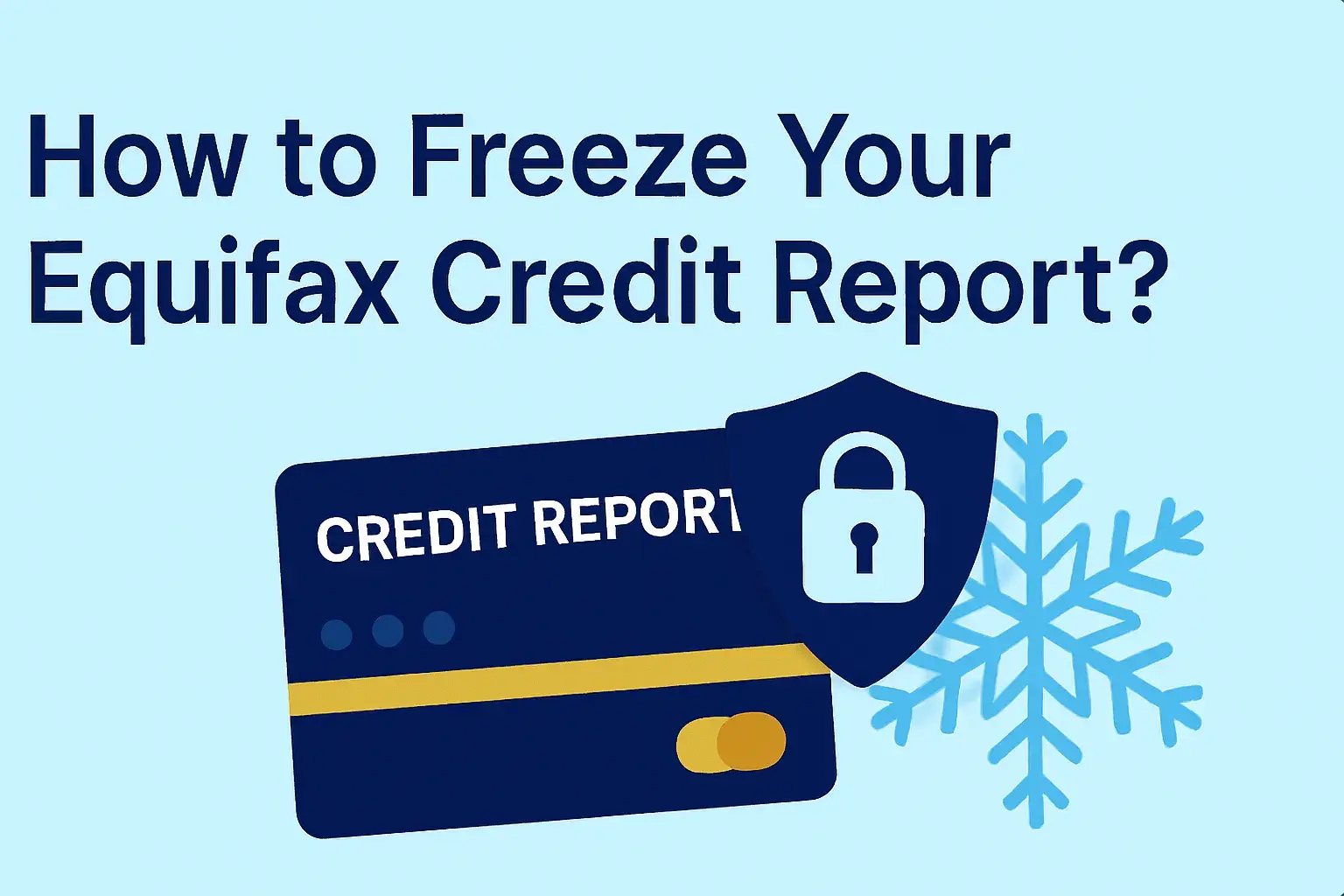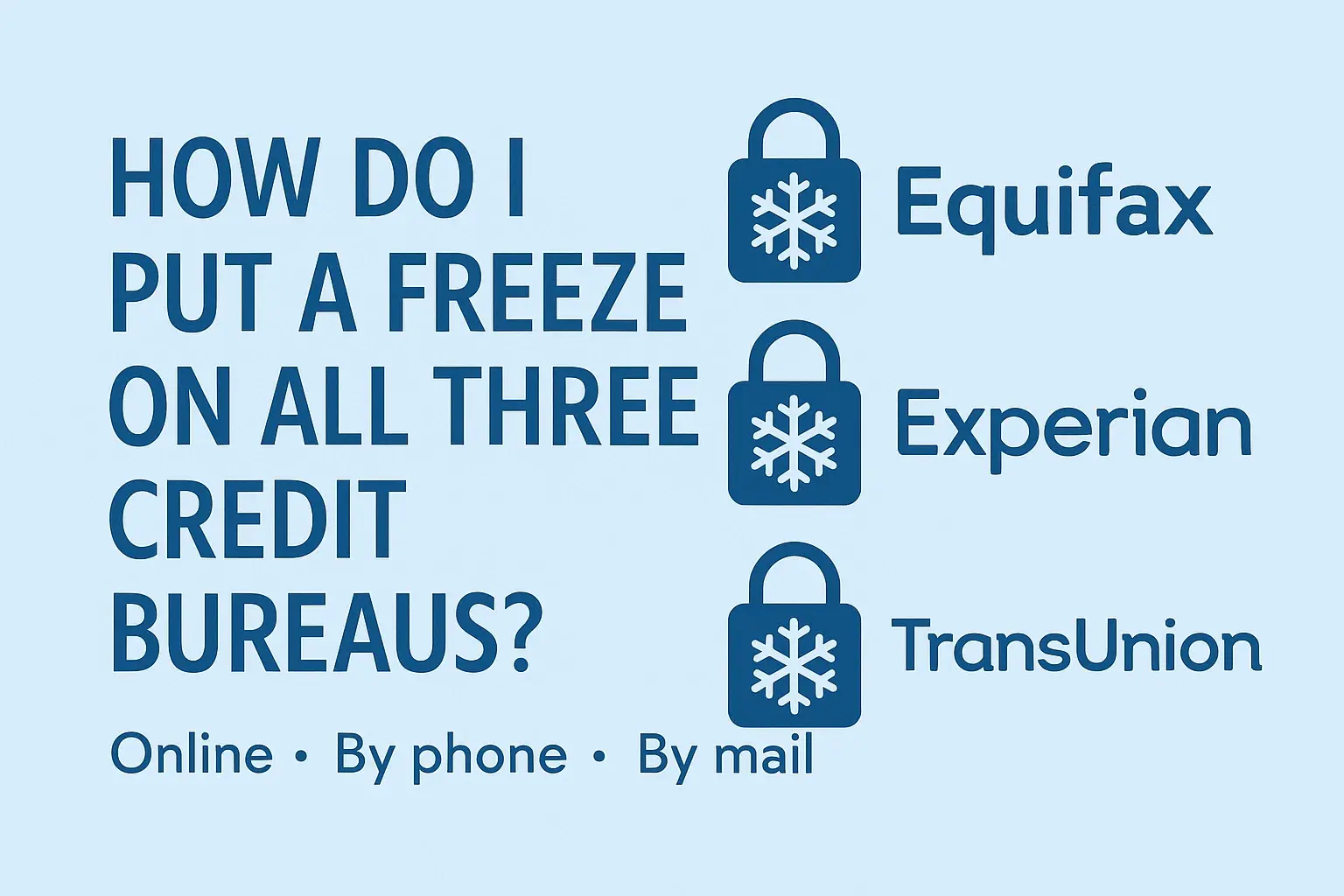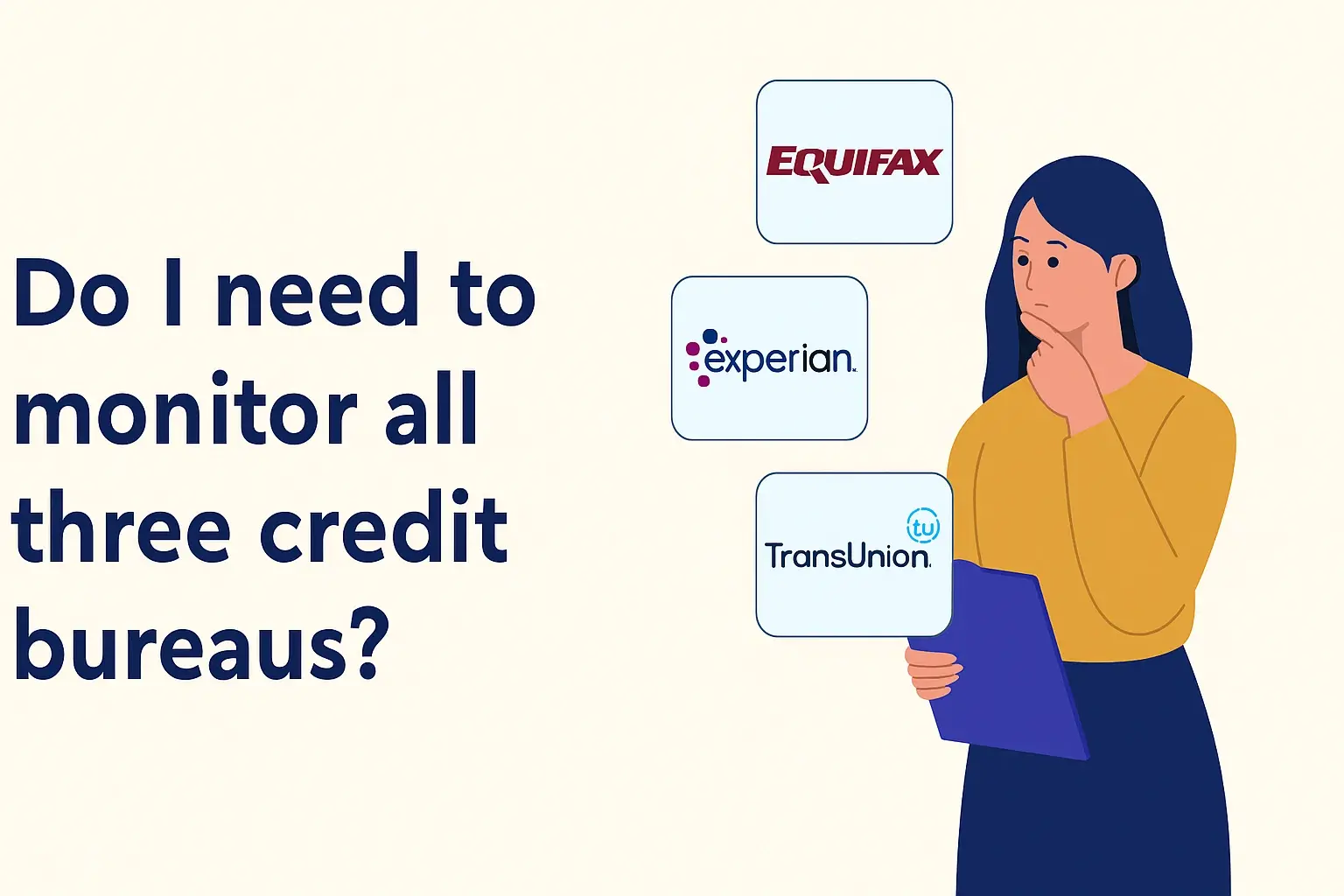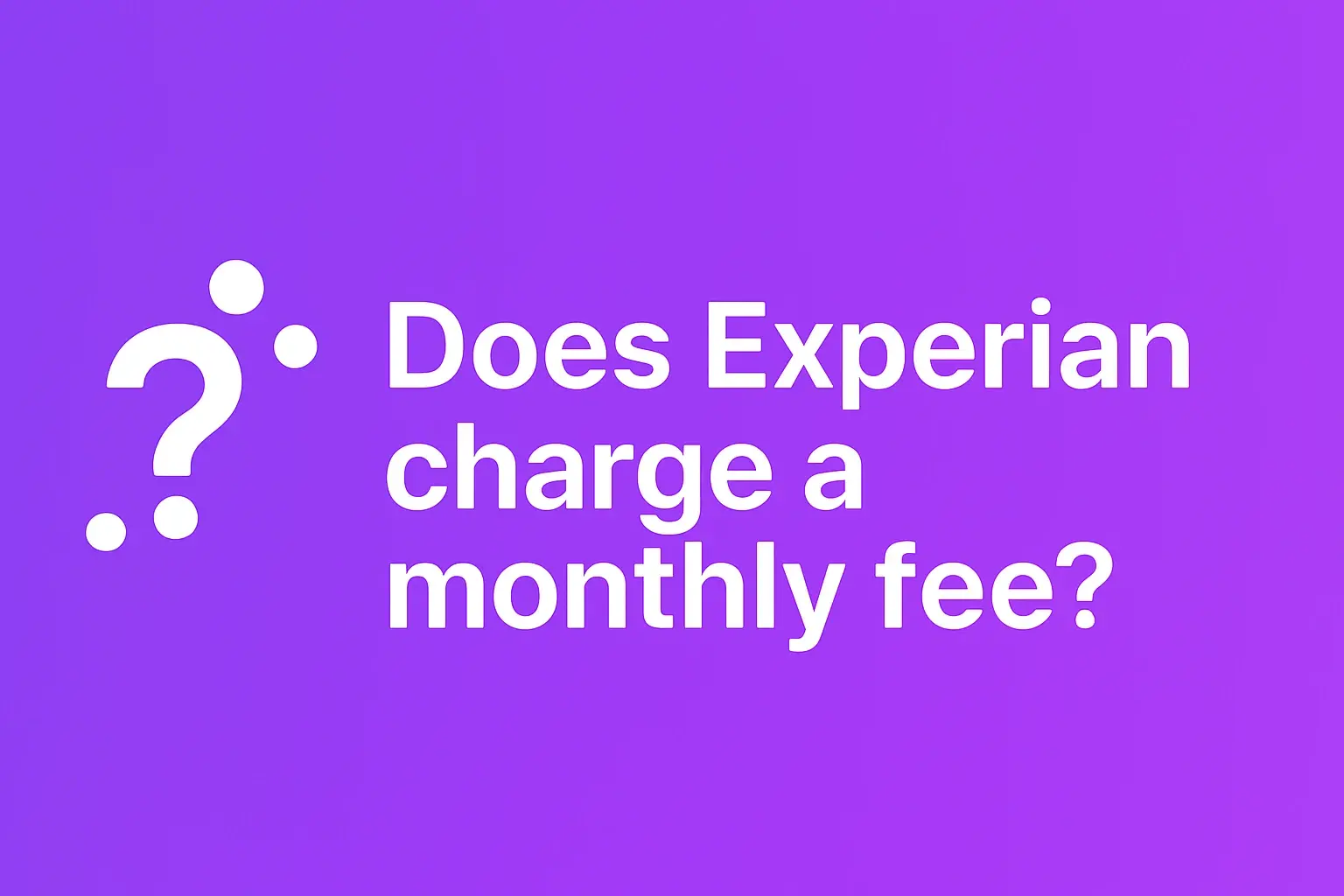-
Posted on: 29 Jul 2024
-
A Social Security number is another essential type of personal identification for employment, taxes, banking, credit, and many other purposes. This means that if another person uses your SSN to work, it means that they are working under your identity, or if your credit or name is used to defraud someone or something, then you are the one who will be held responsible, so it is very important to keep an eye on any activity or incidence of identity theft using your number. Fortunately, there are ways you could take towards identifying if it has been misused by another person.
Check Your Credit Reports A straightforward sign of SSN misuse can be ascertained by reviewing the three major credit reporting agencies known as Experian Equifax and TransUnion on an annual basis. The credit reports can be accessed once a year at the government-mandated website known as annualcreditreport.com and the reports will be issued free of charge. When checking the inquiries, accounts, and loans listed ensure that you look for ones that you never knew existed because their presence indicates a case of identity theft. Also, some discrepancies such as false personal information, and accounts that no one can explain how they were created may be a sign of SSN misuse. If you do discover any fraudulent activity on your credit reports, act at once by placing fraud alerts; reporting the activity to the FTC along with the respective creditor etc.
Monitor Your Existing Accounts Consider closely monitoring all your current credit cards and statements. Do you see transactions you did not make, such as a charge on the card or a withdrawal from the account in which you have put your trust; this may mean that the identity thief has used your social security number to access your account. Some other signs to look out for are an explanation of benefits forms and services you never received, never receiving any bill for the accounts you signed for, and debt collectors calling or emailing for purchases that you never made. If you experience such activity, you should report this situation to the businesses in question immediately.
Thus, people are encouraged to review their annual social security statement. The Social Security Administration of the United States issues individual annual statements that contain earnings records linked to a certain SSN. Each time you get a copy of the statement, it is important to go through all the employment history and income reported, compare it to what you earned, and ensure that it is correct. If the employers who have had a record of issuing wages to your SSN are not the organizations you worked for, then it is a clear indication that someone else is using your SSN and identity for fraud. Visit the SSA immediately to file a complaint and report cases of discrepancies or abuse of your SSN as indicated on your earnings statement.
Monitor Your Tax Records Other ways through which culprits can be identified include filing tax returns since your SSN is linked to your tax records. Be wary of any W-2s that you now receive from employers and look for any unknown companies that you have never worked for that are reporting wages paid to your SSN. Also, search for more additional tax documents like 1099 that state some fake interest or dividends. If another return has previously been filed for your SSN alert the IRS right away to report the incident of identity theft and follow their guidelines for protecting your tax records if someone else is trying to file taxes under your identity. If the IRS signals that your SSN has been involved, go for IP PIN protection.
To find out if you have an SSA fraud alert, type in the following phrases: If you have not reported your social security number as misused then you should place a fraud alert and report the misuse to the Federal Trade Commission and the Social Security Administration fraud hotline at 800–269–0271. This will cause the SSA to send a notification to your number with a special code if some questions or requests involve your SSN letting them know that identity theft is suspected. You can then liaise with the SSA to closely watch any activity that may involve your social security number illegitimately. This article notes that an alert for fraud greatly reduces one’s ability to get new credit or open fraudulent accounts.
Run Dark Web Scans The culprits use social security details identity, names, and birthdays to sell and barter personal information on the black market on websites known as the deep web. You might try using the services for monitoring the black market and criminal platforms to see if your data is traded. Although no scan can index 100% of the enormous dark web, a dark web scan could sometimes reveal stolen accounts such as an SSN before the fraudster can use it to steal an identity. Subscribe to services that track the black market for stolen identity and report if your SSN is being sold online.
Freeze Your Credit Reports If you suspect that your social security number has already been stolen or maybe included in a data breach, it may also be useful to put a credit freeze, also known as a security freeze on all three credit bureaus. A credit freeze means that any creditor, bank, lender, or third party can access the credit files only with your prior permission in the form of a personal identification number code to open any new credit accounts. This prevents identity thieves from applying for credit card accounts or emulating loans using the SSN because the freeze denies them access to credit files or credit histories. They can be sometimes lifted for some crucial periods when you are required to apply for some genuine new credit but putting it back restores the freeze on the reports against misuse by the ID thieves.
‘’Lock’ your Social Security Record Another layer of protection you can add is using the lock feature of your social security number through the My Social Security portal provided by the SSA for your online record 13. The lock prevents all electronic means of accessing the social security record and third parties such as potential lenders who wish to use your SSN for online verification queries, will have to undergo additional authorization procedures. The lock feature is essentially an additional security measure, which involves the inclusion of an activation code, single-use password, etc., to ensure identity before unlocking. This roadblock also limits the criminal’s capability to utilize or capitalize on a stolen SSN to its maximum potential. Visit the Social Security website and go to your ‘My Social Security’ account to add the extra lock security to ensure that your SSN is not used maliciously.
This means that individuals have to remain cautious in their use of the SSN especially when it comes to identity theft. To prevent and detect identity theft using your social security number the need to guard against signs of fraudulent activity in your financial credit accounts, and tax returns among others cannot be overemphasized. People should enroll in identity protection services that monitor SSN misuse on credit reports, public records, dark websites, and other platforms. Always be cautious if your SSN is required and if asked for it then, you should always question how the number will be protected and utilized. When disposing of documents that contain personal information, shred the documents. In the case of SSN leakage, you are more likely to find warning signs of misuse as a key place where it could appear before deep identity theft is possible. If you do find that there is a misuse of the SSN, the appropriate action should be to report the case to the FTC, law enforcement agencies, and credit bureaus as well as notify the relevant businesses. Though it can’t be eliminated that a criminal will use your social security number to steal your identity in the future, there are ways to lessen the likelihood of this happening such as the following:
Call now for expert credit repair services: (888) 803-7889
Read More:
Is it worth paying for Experian?
Can I use Experian without paying?

